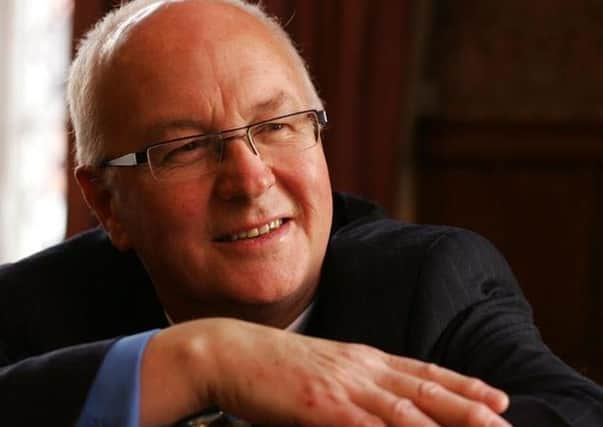Boris and fools of different kinds


Robert Peston attempted to seek for clarity on the matter.
When asked by Peston whether he was a practising Roman Catholic, Boris curtly replied: ‘I don’t discuss these deep issues, certainly not with you’.
Unperturbed, Peston persisted, asking if Boris agreed with Sir Keir Starmer who had recently revealed that he is an atheist.
Advertisement
Hide AdAdvertisement
Hide AdBoris replied by quoting Scripture: “The foolish man has said in his heart, there is no God. I’ll leave it at that”.
The Prime Minister was quoting from Psalm 14, verse 1.
The man of whom the Psalmist speaks is not the intellectual atheist, the man who, in his head, harbours nagging doubts about the religious interpretation of life.
The man the Psalmist dismisses is the man who, in his heart, says there is no God. Such a man probably spends little time reflecting on such issues, but in the bustle of life behaves as if God did not exist.
The word ‘fool’ really means ‘someone who withers and fades’; like a cut flower which eventually fades in a vase, since cut off from its source of life.
Advertisement
Hide AdAdvertisement
Hide AdHistorians such as Arnold Toynbee contend that societies which rose to greatness and then collapsed, did so because of the loss of vital religious faith.
Might the same not be said of our Western world, where family life disintegrates, and greed and crime are rampant?
Jesus spoke of another fool, the farmer who overlooked the reality of death.
The farmer was rich, and probably deserved to be, for he had worked hard and his farm had prospered.
Advertisement
Hide AdAdvertisement
Hide AdHe made his plans for the future, planning to tear down his barns and build greater, to house all the grain and goods he was destined to possess.
He looked to the future with confidence, and a time when he could ‘take life easy; eat, drink and be merry’ ( Luke 12; 19).
But God called him a fool, pronouncing an ominous verdict: ‘This very night your life will be demanded from you. Then who will get what you have prepared for yourself?’(vs 20).
W.B Yeats spoke about the ‘discourtesy of death’, barging in when we least expect it. It is foolish to ignore that reality. We need to prepare against that evil day.
Advertisement
Hide AdAdvertisement
Hide AdAnother fool of whom the Bible speaks is the person who is prepared to be a ‘fool for Christ’ (1 Corinthians 4;10), despising human measures of success in order to advance the cause of Jesus.
Mother Teresa of Calcutta was such a fool. Although she was a school Principal, she took a week-long course in basic nursing, and embarked on a life of service to the poor of that teeming city.
‘The biggest disease today’, she said, ‘is not leprosy or tuberculosis, but the feeling of being unwanted’. She spent her life among the unwanted. Her method was simple: ‘First we meditate on the wounds of Christ and then go out and look for him in disguise’.
Oh for more fools like that!